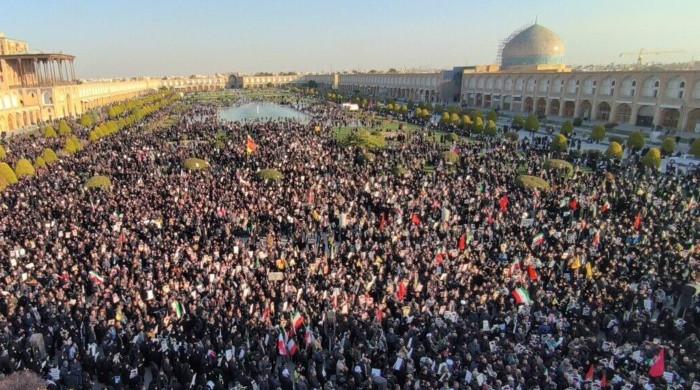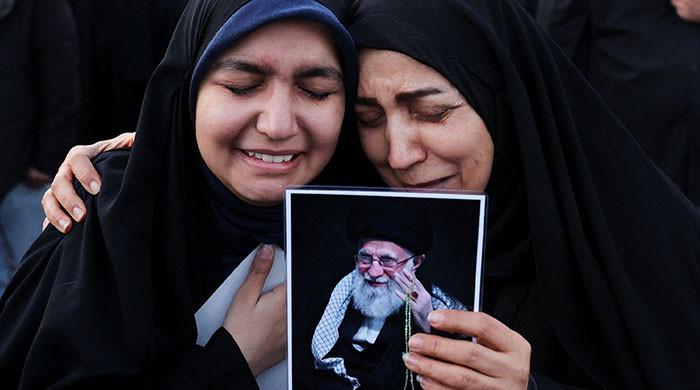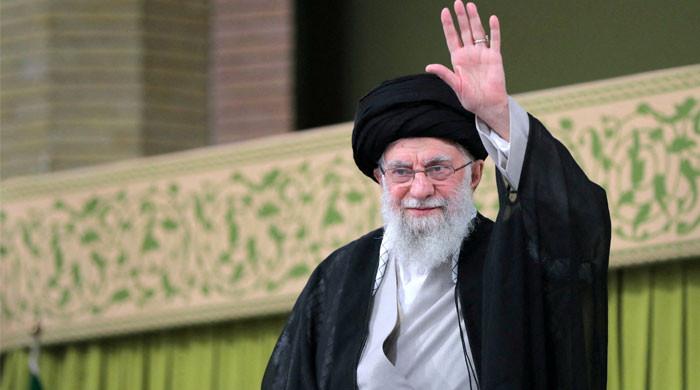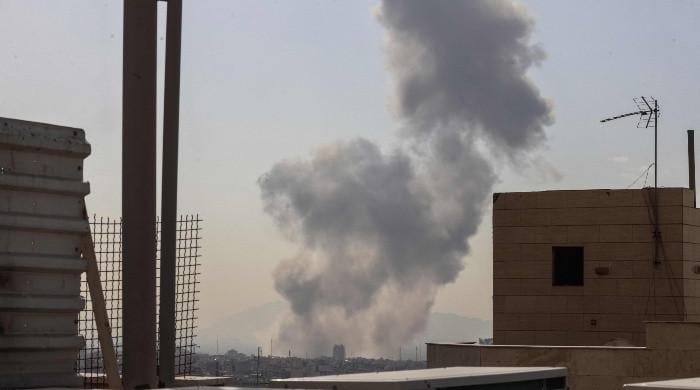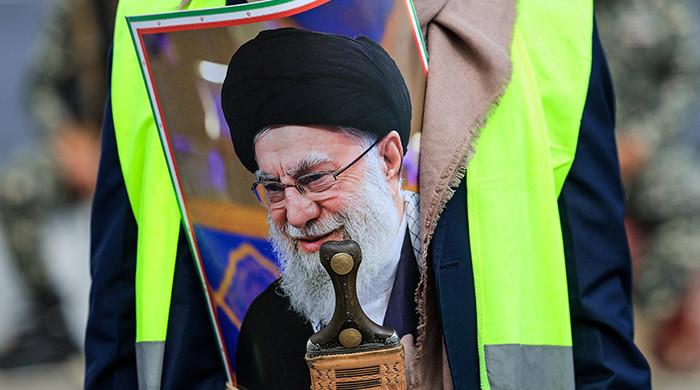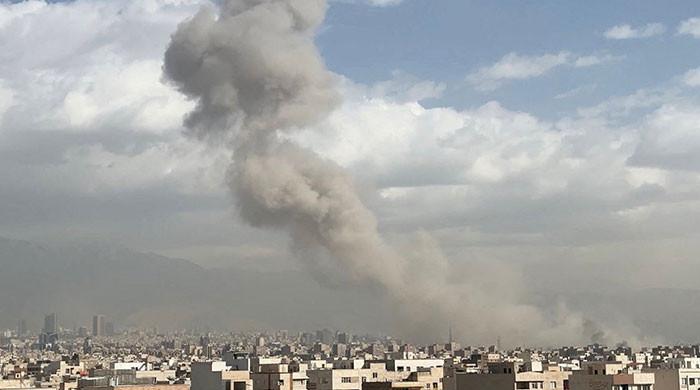Tony Blair: Britain's former premier central to Trump's Gaza plan
Blair maintains informal regional role through his institute and consultancy roles
September 30, 2025
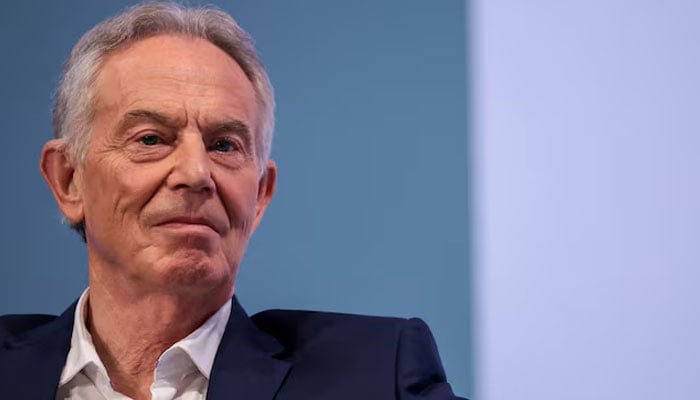
Tony Blair, Britain’s former prime minister whose legacy was heavily tarnished by the 2003 war in Iraq, has long been a contentious figure in the Middle East and beyond.
His potentially leading role in Donald Trump’s peace plan for Gaza will likely do little to change that.
Blair, 72, who is set to sit on the board of an international transitional authority in the Palestinian territory, is credited with crafting the US leader’s plan alongside Trump’s son-in-law and advisor Jared Kushner.
"I wouldn’t say that Trump anointed him, it’s that he managed to convince President Trump of the merits of this plan," Sanam Vakil, Middle East programme director at the Chatham House think tank, told AFP.
Blair brings a wealth of regional contacts and experience after spending eight years as the envoy for the Middle East Quartet of the European Union, United Nations, United States and Russia.
A savvy and confident global operator, he will be seen as bringing heft to any leadership role in Gaza.
Critics argue he achieved little as envoy and that he is ill-suited to play peacemaker, as he is reviled by many Arabs and discredited in Britain for joining the US-led invasion of Iraq.
"His reputation, of course, is mired by his involvement in the Iraq war," Vakil said.
"But at the same time, he is trusted by leaders in the Gulf ... (who) see him as a potential bridge-builder candidate," she added, stressing that this did not correspond to Palestinian support.
‘Horrible idea’
Blair, a skilled communicator famed for his strong self-belief, has maintained an informal regional role through his institute and consultancy roles.
He contributed to the 2020 historic Abraham Accords brokered during the first Trump presidency, which normalised relations between Israel and the United Arab Emirates, Bahrain and Morocco, according to his office.
Israel appears to welcome his possible new role, with Blair said to enjoy a good rapport with Prime Minister Benjamin Netanyahu.
"He has always had a corner of his heart devoted to the unfinished project of calming down this conflict," Ehud Barak, who served as Israel´s premier in the early 2000, told the Washington Post.
The Palestinians seem less enthusiastic about his participation.
"That is the most horrible idea," Mustafa Barghuti, head of the Palestinian National Initiative, told CNN.
"To bring a foreign person to run the Palestinian affairs in Gaza is absolutely unacceptable, especially with the reputation that Mr. Blair has."
Francesca Albanese, the UN special rapporteur on rights in the Palestinian territories, was equally blunt.
"Tony Blair? Hell no," she posted on X. "Shall we meet in The Hague perhaps?" she added, referring to the International Criminal Court amid calls for him to face war crimes charges over Iraq.
Blair has remained unapologetic about joining the 2003 invasion, which triggered accusations that the UK government was "a poodle" of then-US president George W Bush.
But he has expressed regret about intelligence failures and the lack of post-war planning.
"At least you could say we were removing a despot and trying to introduce democracy," he told AFP in a 2023 interview.
‘Cool Britannia’
A youthful Blair first became a lawmaker for centre-left Labour in 1983. Within 11 years, he was spearheading reform as a leader.
He became prime minister in 1997— the first of three general election wins, an unprecedented feat for Labour — and, at 43, Britain’s youngest premier since 1812.
Riding a wave of "Cool Britannia" optimism in his 10-year tenure, Blair oversaw a period of prosperity, enacted key constitutional changes and expanded gay rights.
He also secured a historic peace accord in Northern Ireland.
But his political fortunes shifted in the aftermath of the 9/11 attacks.
One million people protested on London’s streets against invading Iraq, and his domestic reputation eroded further after the evidence for the war proved flawed.
A power struggle with finance minister Gordon Brown led to Blair being ousted in 2007.
But Blair, a committed Christian, remained a globe-trotting statesman. He set up a foundation to support interfaith dialogue and counter extremism.
He has also worked with governments in developing nations in Africa, although his lucrative consultancy work has drawn criticism.





